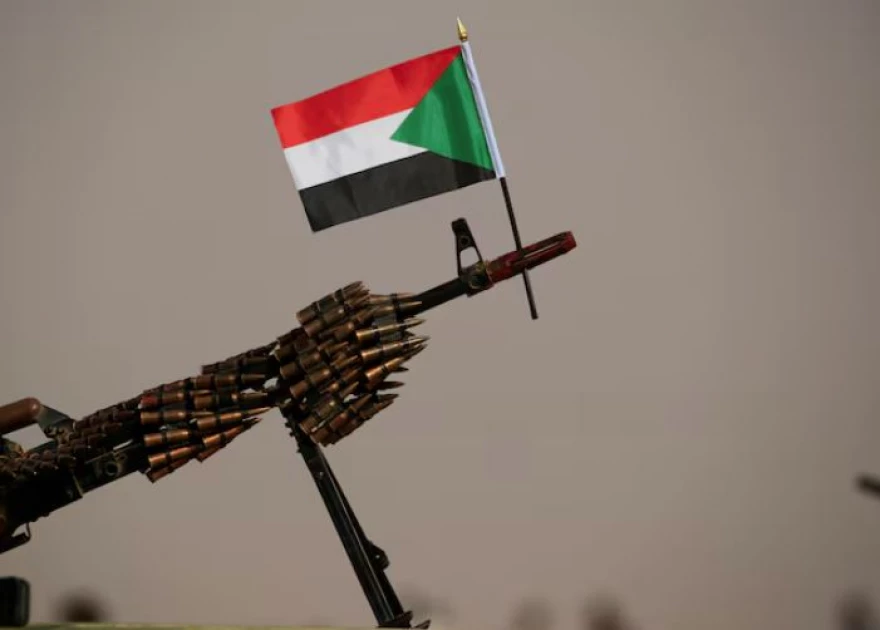Ali Muhammad Ali Abd-Al-Rahman, widely known as Ali Kushayb, has been convicted by the International Criminal Court (ICC) for war crimes and crimes against humanity committed during the Darfur conflict over two decades ago. The court found him guilty on 27 counts related to brutal attacks carried out between 2003 and 2004.
Kushayb was one of the leaders of the Janjaweed militia, a government-backed force that terrorised Darfur’s non-Arab communities. The Janjaweed were responsible for widespread killings, mass rapes, and village burnings during the conflict, which resulted in the deaths of hundreds of thousands and displaced millions.
Presiding ICC judge Joanna Korner stated that Kushayb “encouraged and gave instructions that resulted in the killings, the rapes, and the destruction committed by the Janjaweed.” She revealed that he ordered his men to “wipe out and sweep away” non-Arab tribes, commanding soldiers not to “leave anyone behind.”
Survivors of the atrocities shared harrowing testimonies during the trial, recounting how men were executed, women enslaved, and entire villages destroyed. Despite Kushayb’s claim of mistaken identity, the evidence against him proved overwhelming.
This conviction marks the first ICC trial for crimes committed in Darfur, a region that remains engulfed in violence. The Janjaweed have since evolved into the Rapid Support Forces (RSF), which are currently engaged in a civil war against Sudan’s army.
Human rights groups and Western governments, including the UK and US, have accused the RSF of continuing the same ethnic cleansing patterns that defined the early 2000s conflict.
While experts like Dr. Matthew Benson-Strohmayer of the London School of Economics hope this verdict sets a precedent for accountability, they caution that justice may remain elusive for many. “The war in Darfur is still a war of terror,” he said.
Despite this landmark ruling, many perpetrators including former President Omar al-Bashir remain at large, leaving justice for countless victims still incomplete.

